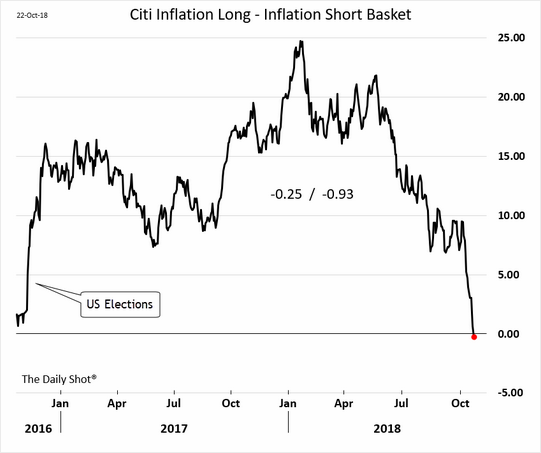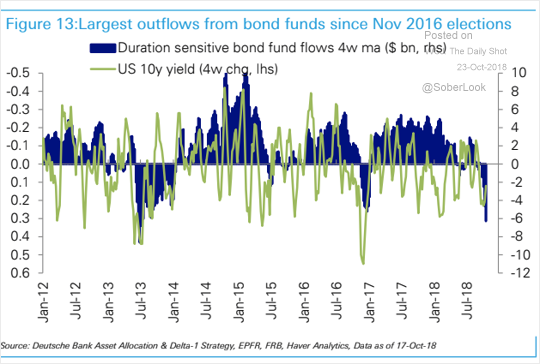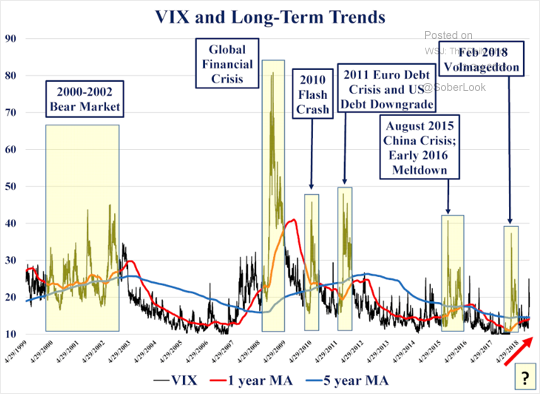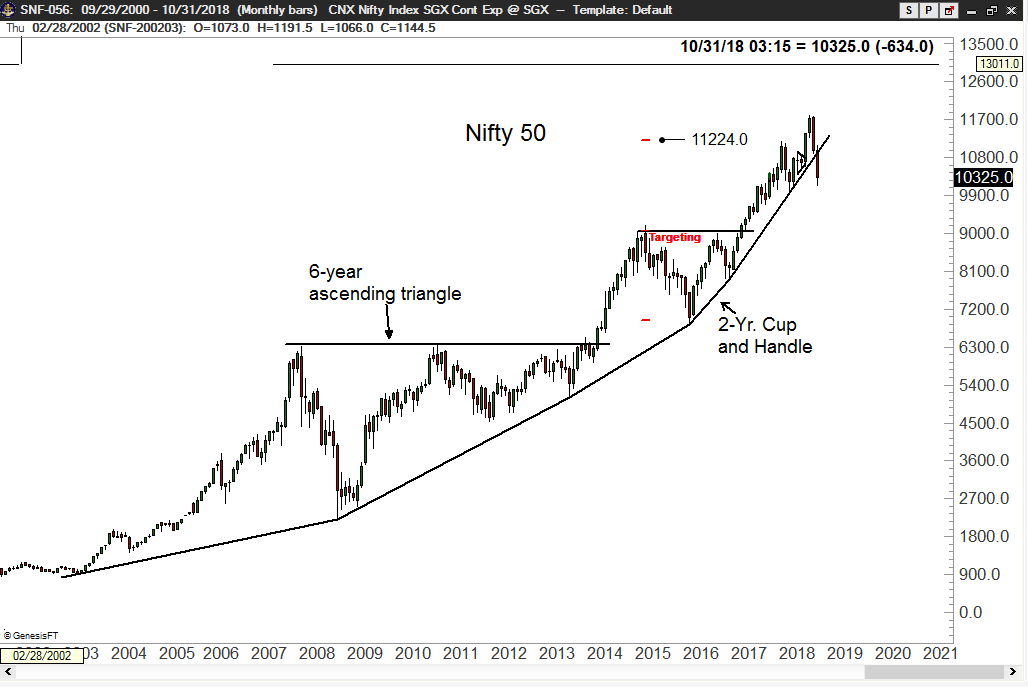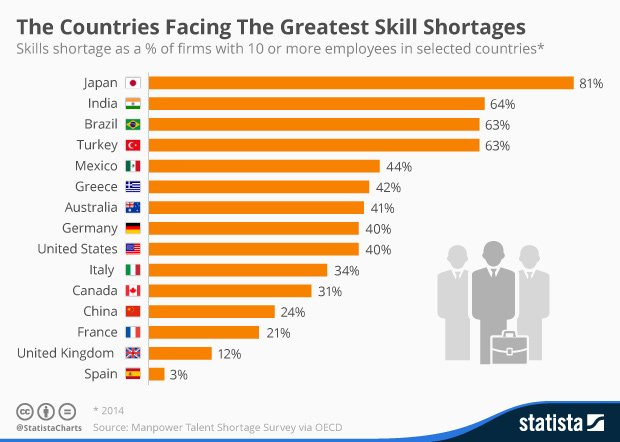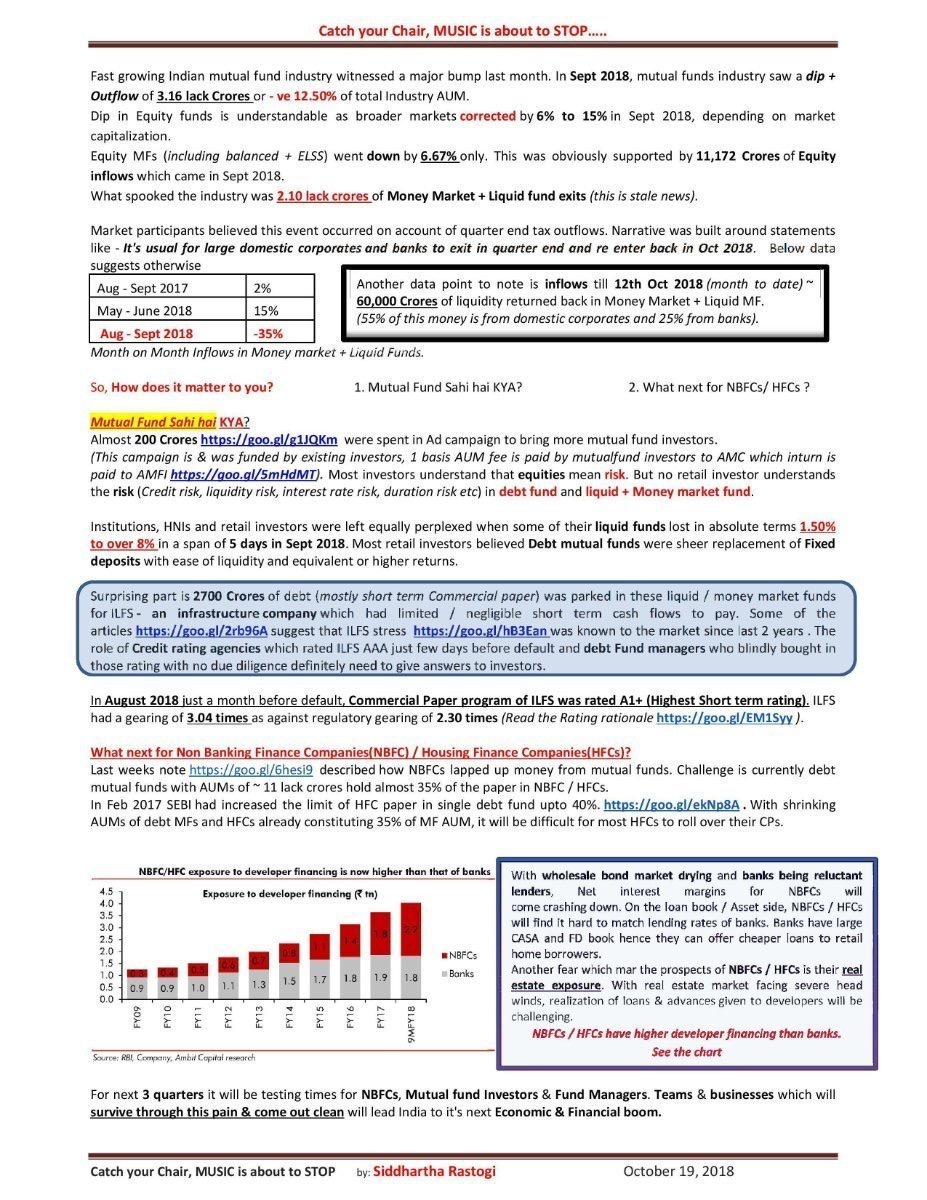From Jim Grant:
I’ve published over 800 issues of Grant’s Interest Rate Observer to date… That’s more than four million words of market analysis. I’ve made some good calls in that time (and, yes, some bad ones). I’ve even gained some fame – at least in certain circles – for my more accurate predictions.
But, more importantly, I like to think that I’ve become a knowledgeable student of Mr. Market. I’ve lived through and analyzed manias and crashes. I’ve seen interest rates fall from 20% to zero – and below… I’ve seen the stock market sawed in half and I’ve seen stocks rise far above any sane measure of valuation.
And through it all, every two weeks, I’ve shared my thoughts with a select group of readers. Many of them have been with Grant’s since day one. With that in mind, here are the 10 most important lessons I’ve learned in finance…
1. The key to successful investing is having everyone agree with you — LATER. The most popular investment of the day is rarely the best investment. If you want to know what’s popular, look no further than the front page of your favored business journal… Or just tune in at your next cocktail party. At Grant’s, we seek profits where no one else is looking. We’re happy to wait for the consensus to come to us. We’ve been contrarian since day one. In our minds, there’s no better lens through which to view the market.
2. You aren’t good with money. Because humans aren’t good with money. We buy high and sell low because it’s what comes naturally. It’s difficult to control emotions. It’s more difficult when money is involved. But with detailed security analysis and an expert understanding of market cycles, you can minimize emotions when it comes to your portfolio.
3. Everything about investing is cyclical… prices, valuations, enthusiasms. And this will never end. The greatest investors develop a sense of when markets have reached euphoric levels. And of when fear is crippling reason. Where do you think we stand on that scale today?
4. You can’t predict the future. Nor can the guy who claims he can. You can, however, see how the crowd is handicapping the future. Observing the odds, you can make better choices. You can recognize the rhythms of market cycles (see lesson 3). And with enough practice, you can profit from those cycles – or at least avoid disaster. As when we warned Grant’s readers in our September 8, 2006 issue about a bubble in subprime mortgage debt – 11 months before the crisis began. And three years later, when we advised going long bank stocks before they rallied 250%.
5. Every good idea gets driven into the ground like a tomato stake. Exchange Traded Funds (ETFs) were a great idea. They allowed investors diversified exposure to a number of markets for minimal fees. Today, ETFs account for more than 23% of all US trading volume with a total market value over $3 trillion. And the ETF market is forecasted to hit $25 trillion globally by 2025. Yes, ETFs allow investors to diversify into lots of markets for a little bit of money. But ETFs allocate money without consideration of value. And what happens when everyone rushes for the exits?
6. Markets are not perfectly efficient. Because the people who operate them aren’t perfectly reasonable. The debate over efficient markets has raged since the birth of public markets. Grant’s comes down on the side of inefficiencies—of lucrative inefficiencies. There will always be value in active management. It keeps the market honest. Active managers bid for companies that have been punished unjustifiably… And they apply selling pressure on egregiously overvalued, fraudulent and dying companies. It’s these inefficiencies – and Grant’s longtime, historical understanding of them – that gives our readers special perspective. If markets were so all-fired efficient, why did the Nasdaq reach the sky in 2000? Or banks and junk bonds the depths in 2009?
7. Patience is the highest yielding asset. Charlie Munger, Warren Buffett’s longtime partner in Berkshire Hathaway, explained the importance of patience this way: How did Berkshire’s track record happen? If you were an observer, you’d see that Warren [Buffett] did most of it sitting on his ass and reading. If you want to be an outlier in achievement, just sit on your ass and read most of your life. Let us only say that the point survives the exaggeration.
8. Never stand in line to buy anything. Here I have a confession to make. In January 1980, at the peak of the Great Inflation of the Jimmy Carter era, a line snaked out of the doors of a lower Manhattan coin dealer. The people in that queue were waiting to buy gold at what proved to be a generational high, $850 an ounce. I was in that queue. I’ve made plenty of mistakes since then. But that particular mistake I’ve subsequently avoided. Believe me, once was enough.
9. Leverage is like chocolate cake. Just a little bit, please. Markets will always correct. They corrected after the Dutch tulip mania in 1630s. And they corrected after the subprime mortgage debacle in 2007. What do corrections correct? They correct the errors of a boom. And when markets correct, they cause the most amount of financial pain to the greatest possible number of people. You’ll never know exactly when these corrections are coming. But if the creditors aren’t calling your assets on the way down, you will live to fight another day. And if you happen to have cash on hand, you can make the greatest profits of your investing career.
10. “Don’t overestimate the courage you will have if things go against you.” / “Consider all the facts – meditate on them. Don’t let what you want to happen influence your judgement.” / “Do your own thinking. Don’t let your emotions enter into it. Keep out of any environment that may affect your acting on your own reason.”
https://www.thedailybell.com/all-articles/news-analysis/the-10-most-important-lessons-in-finance-from-a-legend-in-the-field/
